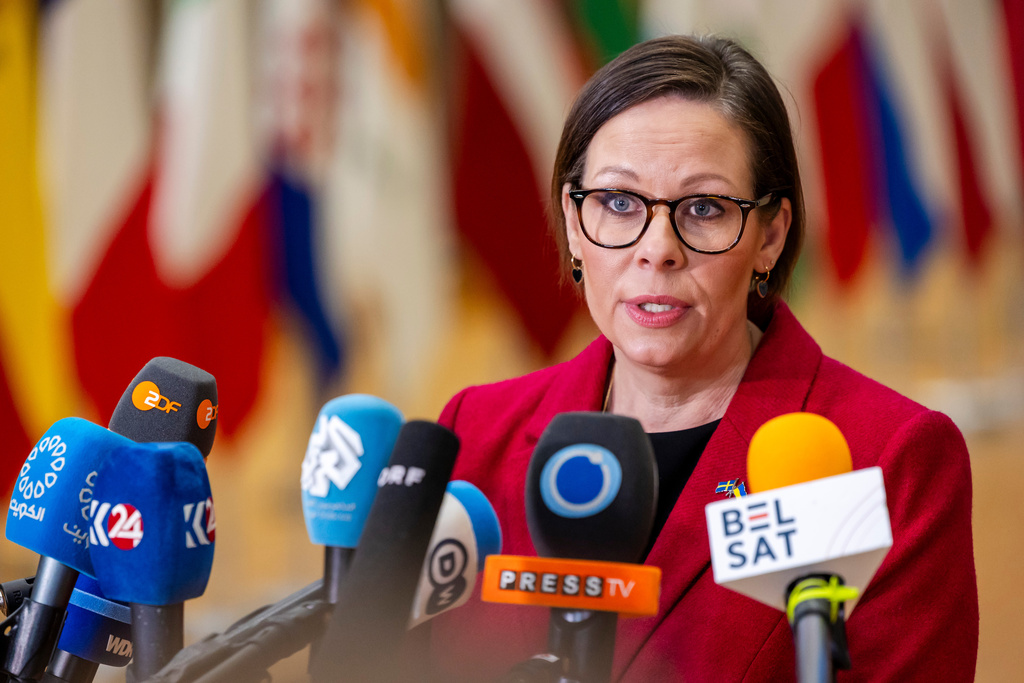EU Imports from Russia Surpass Aid to Ukraine, Swedish Minister Calls It a ‘Shame’

During the war in Ukraine, the European Union spent more on imports from Russia than it provided to Kyiv in financial and military support.
The Gaze reports on it, referring to European Pravda.
Swedish Foreign Minister Maria Malmer Stenergard said that since the start of Russia's full-scale invasion of Ukraine, the European Union has paid Russia €124 billion more for imports of goods and energy resources than it has provided in support to Ukraine.
According to her, EU countries have supported Ukraine with €187 billion, while €201 billion has been paid for Russian oil and gas alone. Together with other goods, imports from Russia reached €311 billion, which effectively results in a negative balance of support for Ukraine in the amount of €124 billion.
“This is nothing but a shame,” Malmer Stenergard emphasized. “There will be no meaningful peace talks unless we increase our support for Ukraine and pressure on Russia.”
In her opinion, increasing aid to Ukraine and stepping up pressure on Russia, in particular through the use of frozen Russian assets, will be an important step in supporting Kyiv and maintaining stability in Europe.
Statistics show that the EU continues to import significant amounts of goods and energy resources from Russia, despite the sanctions imposed and the stated intentions to reduce dependence.
The EU's largest import sectors from Russia include oil and gas, fertilizers, iron and steel, and nickel. Oil imports fell significantly after the maritime ban and restrictions on refined products, dropping to $1.72 billion in the first quarter of 2025, while natural gas rose to $5.23 billion due to rising prices.
Russian fertilizers remain an important import item for the US: $927 million worth was imported in the first half of 2025, including urea, UAN, and potash.
Palladium, uranium, and plutonium from Russia also continue to flow into the US, underscoring the continued dependence on Russian resources in strategically important areas.
Despite the decline in trade and efforts to diversify supplies, hundreds of Western companies continue to operate in Russia, providing some economic stability for the population and supporting the functioning of certain sectors.
Nevertheless, the European Union is considering replacing Russian liquefied gas imports with American liquefied gas.
Currently, Finland, Latvia, and Lithuania have restricted LNG imports from Russia through various mechanisms, such as closing borders or imposing legislative bans. At the same time, the RePowerEU process has been launched, which provides for the cessation of natural gas and oil imports from Russia.
As The Gaze informed earlier, France, Belgium, Spain, and the Netherlands paid Russia more for liquefied natural gas between 2022 and 2025 than they allocated in financial aid to Ukraine during the same period.